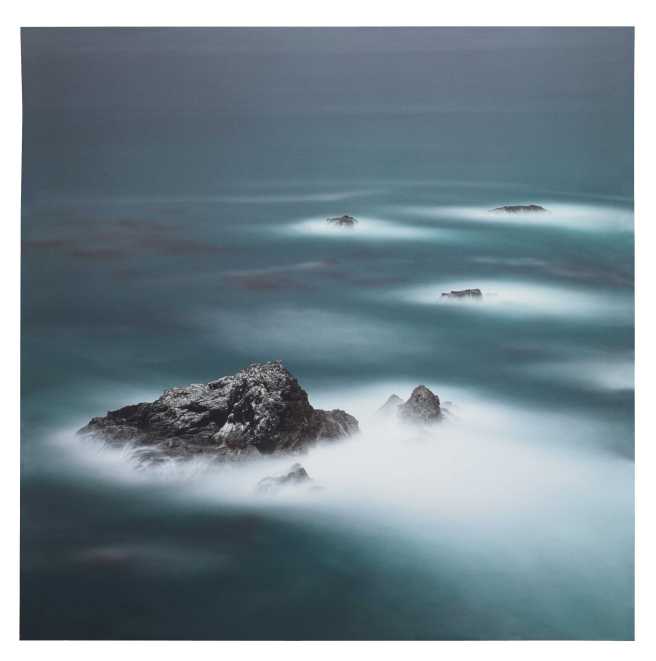 I dream about bears.
I dream about bears.
I am not sure when bears entered my subconscious in such a strange and vivid way, but they did, and I think they may be here to stay. I dream about ferocious grizzlies and playful fat black bears. I dream about big white bears with paws the size of dinner plates and hollow hair that gleams creamy-yellow in the northern sun. In my dreams, I see cubs climbing trees and sliding over the ice. I sometimes think I can smell them in my sleep; I’ve been told they smell of pinesap and animal musk. Sweet, sticky, fresh, brutal.
Sometimes, out of the corner of my eye, I think I see a bear. I never see these phantom bears in the woods or in any landscape when I might meet an actual bear. Once, when I was very tired and working late at Maine magazine, I thought I saw a bear descending the stairs on all fours. Of course, it was just my co-worker, bending over to pick up something he had dropped. I shook my head clear of fuzz and fur, and went back to my computer screen.
I don’t know where this fixation comes from. I never liked bears, not particularly. I always felt kinship with hares and foxes, smaller animals that leap and scurry, not big lumbering things. I was never afraid of bears, either. Not like I’m afraid of heights (that terror is illogical and visceral, something that breaks my composure entirely, turning me into a quivering puddle of metallic fear and foul-smelling sweat).
I saw a video today of a polar bear cub dreaming. I wonder if it dreams of people. I hope not. I hope it dreams of calving glaciers and frigid ice floes, of the epic sounds of its northern homescape. I hope it dreams in a palette of blue and turquoise, deep rich indigo and startling mint green—the colors of frozen water and star-lit midnight.
I am reading a most excellent book right now: Arctic Dreams by Barry Lopez. Never have I found an author whose career I desire as much as I want his. He makes nonfiction feel as pleasurable as fiction (and that is NOT an easy task). Someday, when I’m old and grey and going over my body of work, I want it to feel like his—varied, complex, focused on nature and the natural world, brave, smart, poetic. Here’s just a tiny sample of the wisdom and beauty that flows throughout Arctic Dreams:
How is one to live a moral and compassionate existence when one is fully aware of the blood, the horror inherent in life, when one finds darkness not only in one’s culture but within oneself? If there is a stage at which an individual life becomes truly adult, it must be when one grasps the irony in its unfolding and accepts responsibility for a life lived in the midst of such paradox. One must live in the middle of contradiction, because if all contradiction were eliminated at once life would collapse. There are simply no answers to some of the great pressing questions. You continue to live them out, making your life a worthy expression of leaning into the light.
Dreaming of bears and leaning into the light—one is my reality, the other, my goal. Not a bad place to be, for now.
Image: Sculpture by artist Ellen Jewett who makes “natural history surrealist sculpture.” See more here.
 I love the way people move around a sleeper. The exaggeratedly slow motions, the subtle attempts to be quiet, the way they step lightly. Have you ever seen a child tiptoe around their dreaming parent? It is the sweetest thing—they invariably seem to make more noise as a result of their awkward little steps, overcareful and unnatural, burdened with an excess of intent.
I love the way people move around a sleeper. The exaggeratedly slow motions, the subtle attempts to be quiet, the way they step lightly. Have you ever seen a child tiptoe around their dreaming parent? It is the sweetest thing—they invariably seem to make more noise as a result of their awkward little steps, overcareful and unnatural, burdened with an excess of intent. One of my many 2016 goals is to get in touch with my wild side. I don’t mean my party-girl-stay-up-all-night self (no, I know that bitch well enough already, thanks) but my moss-sniffing, leaf-eating, earth-worshipping wild side. The side of me that revels in storms and licks the rainwater off my face. The side that dreams of bears and sleeps under the stars.
One of my many 2016 goals is to get in touch with my wild side. I don’t mean my party-girl-stay-up-all-night self (no, I know that bitch well enough already, thanks) but my moss-sniffing, leaf-eating, earth-worshipping wild side. The side of me that revels in storms and licks the rainwater off my face. The side that dreams of bears and sleeps under the stars.
 There’s nothing wild about looking at pictures on your computer screen, but it is very inspiring.
There’s nothing wild about looking at pictures on your computer screen, but it is very inspiring.  I dream about bears.
I dream about bears.



